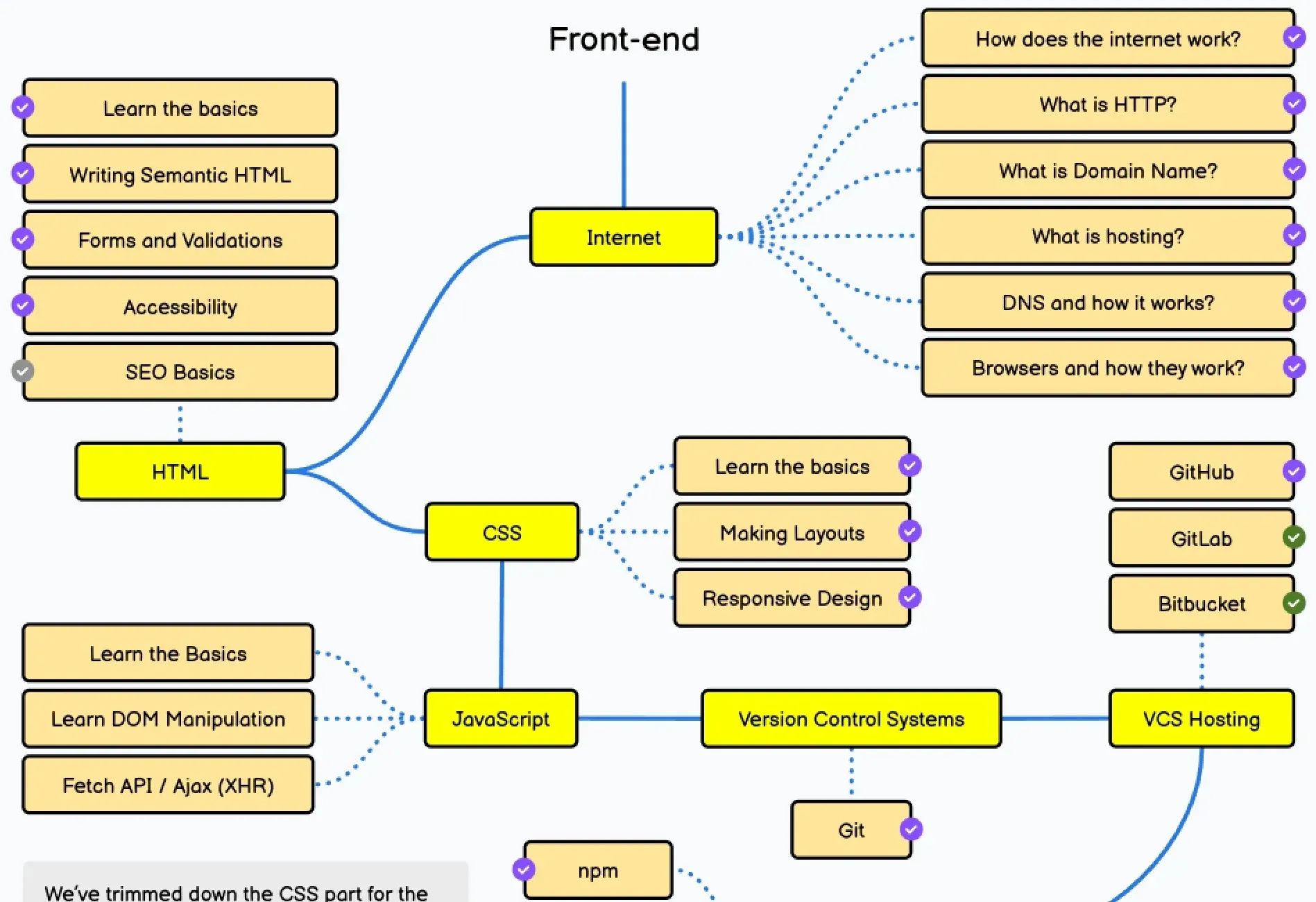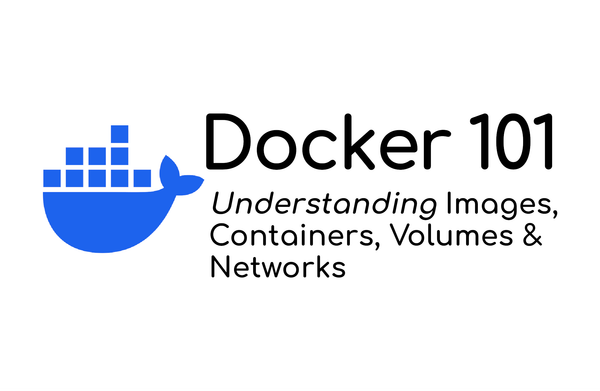Are programming bootcamps worth it?

To preface this blog post, I'd like to talk a little bit about myself. I'm 20, and about to enter my third and final year of university studying applied Computer Science. It's a mix of programming and some business classes. In my case, I've only been going to university for the opportunities a degree would offer me – and I'll be honest, I've learnt things but not as much as I had hoped I would. I should probably note I am a programming tutor and teacher, that has spent countless hours of my life teaching others to program. I've been wondering myself, what's more effective for someone that wants to be taught? Would you be better off going to university, a bootcamp or going down the self-taught route?
What are bootcamps?

A bootcamp – a quick way to get started with software engineering. They can last as short as 1 month or as long as 6 months. Most programs keep in mind that not everyone is available full time, which is when programs will usually last a bit longer than a few months. Some are online whilst some do offer in-person classes. Most of it depends on your location. The price can vary a lot and is often not disclosed on the website at all. For instance le wagon talks about monthly instalments and loans, but doesn't tell you anything about the pricing. A quick Google search finds that one of their courses costs £7,4k or about €8.7k. Looking up more bootcamps I've found this isn't unusual, with another quoting €9500. Which brings me to my following question: what?
I'd like to have a quick intermezzo, if it wasn't quite clear yet, I'm appalled at these prices. Unless you know absolutely nothing about tech, can't use a computer or you love wasting money, you shouldn't spend it on a bootcamp.
University

University, one of the best or worst moments of your life. A busy schedule, deadlines you don't want to meet, unpaid group works and classes that aren't related to your degree but you still have to take.
Talking out of personal experience, I did not enjoy university as much as I should have. Business and marketing classes that weren't related to my degree at all that took up most of my time. Not only that, most people that were present didn't have passion, but mostly dollar signs in their eyes. You won't make it if there's no passion in my honest opinion. Not only that, your exams will most likely not reflect real life situations, meaning you'll be graded based on your memorising capabilities. And you have to deal with lecturers that haven't kept up with time or worse, lecturers without any working experience in the field.
Not only that, you're in for multiple years and by the time you want to quit you're pretty much dealing with the sunk cost fallacy.
That said university can come with some great experiences too. In my second year things started to improve, and courses started to be more relevant. Not only that, the herd started to thin and people with a similar passion started to be more visible. Which made classes and breaks much more enjoyable. Same for group works, doing them with people that actually want to put the work in, makes the work much more enjoyable.
Free resources
There are much better ways to spend your money. However, finding the right courses or the right path for yourself isn't quite easy. If anything, you'll probably spend more time making your own curriculum than actually developing. That's why I recommend using roadmap.sh, they have very direct instructions in which order you should learn topics and a broad range of career paths.

This is one of the many roadmaps available. Even better, if you click on a topic, you'll be given a few links to learn about the topic. Not only do you get a detailed learning path, topics such as Version Control Systems, will be helpful in other career paths too.
Once you know where to start and how to start, Google will become your best friend. Not only that with the rise of AI, you most likely won't even need a tutor anymore or to spend hours on the internet looking for help. I don't recommend letting ChatGPT or Co-Pilot generate your code but it can be useful if you have questions or don't understand a concept.

Still though, you'll probably want to work on projects or write some code that just works without having to worry about a code editor or such.
For that I recommend a few websites:
Codecademy: Having been around since I was a little kid, their content has stayed relevant and has been updated a bunch.
FreeCodeCamp: Full of free resources as indicated by the name that will help you build up your own portfolio and projects from the ground up. Can highly recommend it.
YouTube: This one might be a bit more controversial since tutorial hell is a real thing, but to get started and get concepts across, YouTube can be very helpful.
Final Thoughts
Getting a degree is useful and will probably cost you less (especially in Europe). I don't see the benefits of bootcamps though. The help you'll get will be minimal or bad. Not only that, chances they'll tell you to use AI for help are so high I can't possible fathom why you'd spend so much money on bootcamps.
That said, being self-taught requires a lot of discipline. Even more so if you have no tech background at all. But being self-taught will help you down the line, technology is always changing. The most difficult part will probably be getting your first job. How about an unpaid internship, eh?


